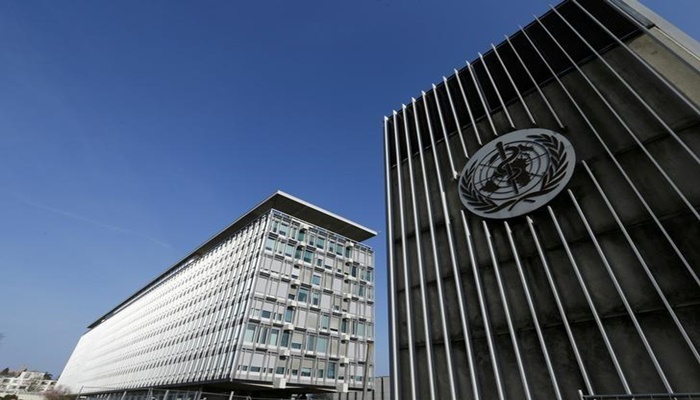
The World Health Organisation (WHO), Regional Office for Africa in Brazzaville, Congo, has advised African countries to draw lessons from Ebola readiness to tackle Coronavirus (COVID-19).
WHO, in a statement posted on its website, said many African countries were currently using Ebola and Influenza preparedness to step up their COVID-19 response.
The News Agency of Nigeria (NAN), reports that COVID-19 cases in Africa have increased from 10,000 to more than 11,900, with 1,586 recoveries and 608 deaths reported in the past two days.
According to WHO, Tanzania has so far recorded 25 confirmed cases of COVID-19 with one death.
The UN health agency said Tanzania was tapping into the skills of health workers already knowledgeable in infectious diseases control, established influenza sentinel surveillance system and redirecting facilities to tackle the new virus.
“When the 10th outbreak erupted in the Democratic Republic of the Congo in 2018, Tanzania trained 2,400 health workers; training sessions initially planned for Ebola were reviewed to include COVID-19.
“More than 300 of them have now been retrained to join the frontline ranks of the country’s COVID-19 battle.’’
The agency said in regions that had been identified as being at high risk of Ebola, rapid response teams were formed and trained, and authorities identified isolation areas at specific health facilities.
“They were identified at specific health facilities in each district and the health workers were trained to manage those units and handle suspected cases.
“The health workers and the resources are now proving critical in COVID-19 response,” WHO stated.
In addition, it said structures such as isolation units in district health facilities set up for Ebola preparedness, were now being turned into COVID-19 units.
“All the country’s 26 regions have been instructed to designate isolation areas for potential COVID-19 infections, while health workers training in patient triage for Ebola readiness, now count among the assets in curbing the spread of the new coronavirus.’’
The statement quoted Dr Nemes Iriya, officer- in- charge of Case Management at WHO, in Tanzania, as saying“ it is very critical to empower health care workers with the right information.
“WHO Tanzania is working with the ministries of health in mainland Tanzania and in Zanzibar to build the capacity of health workers on clinical care, improving infection prevention, laboratory testing and other prevention measures.
“A total of 182 facilities have been designated to be able to isolate and treat COVID-19 in all district councils.
“The government has also identified 26 regional referral facilities to be equipped to provide critical care.
“Most of the referral facilities have already trained staff in advanced care for Ebola, which included critical care.’’
The official, however, attributed the success recorded so far, to getting the right message out to the people.
“The government has also intensified public health education, working with WHO, UNICEF, religious leaders and telecommunications firms to provide facts and debunk rumours about COVID-19.
“Tanzania has also made quarantine mandatory for arrivals, both for nationals and foreigners, with travelers being quarantined in designated hotels for 14 days.
“Large public gatherings – community meetings, rallies, sports and entertainment – were banned for a month on March 17,while primary, secondary and tertiary schools, have also been shut for a month.” (NAN)






